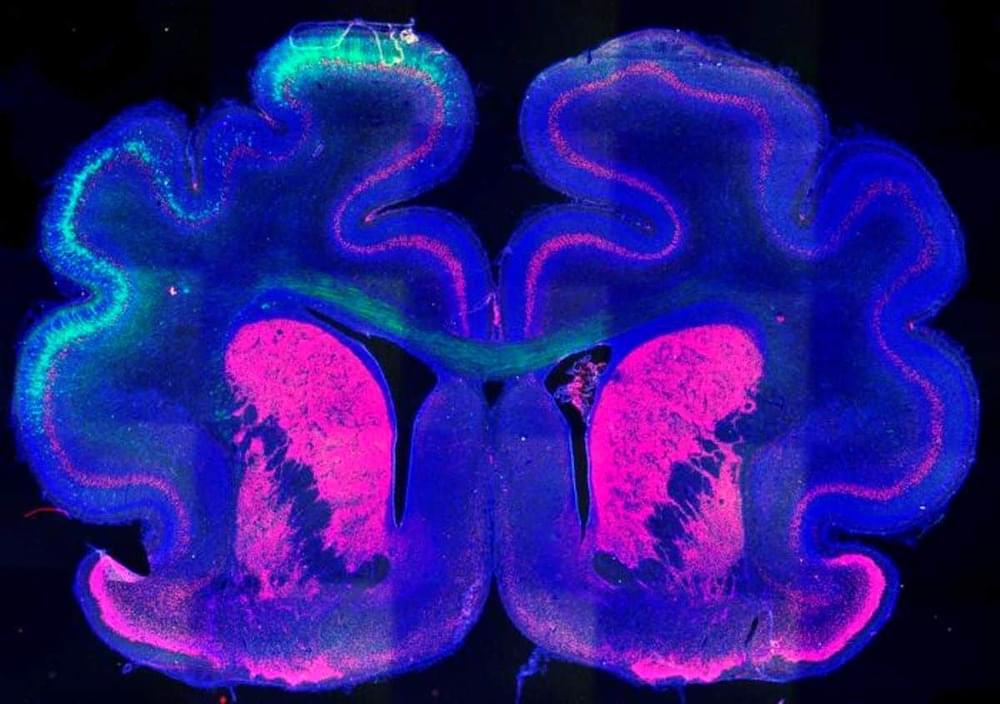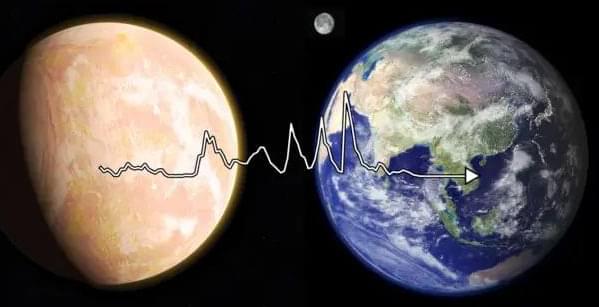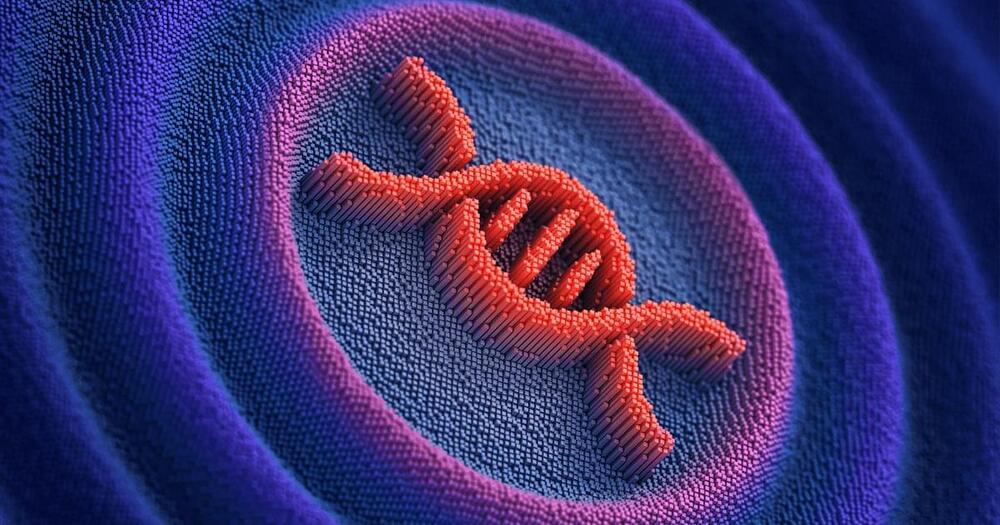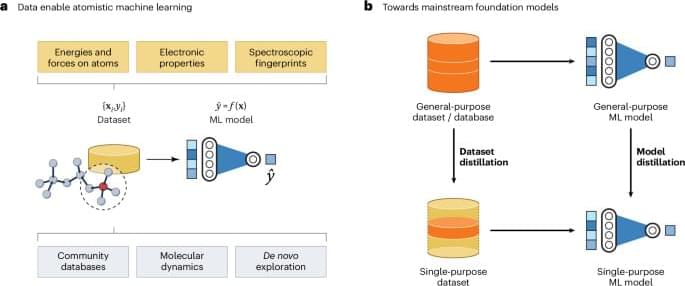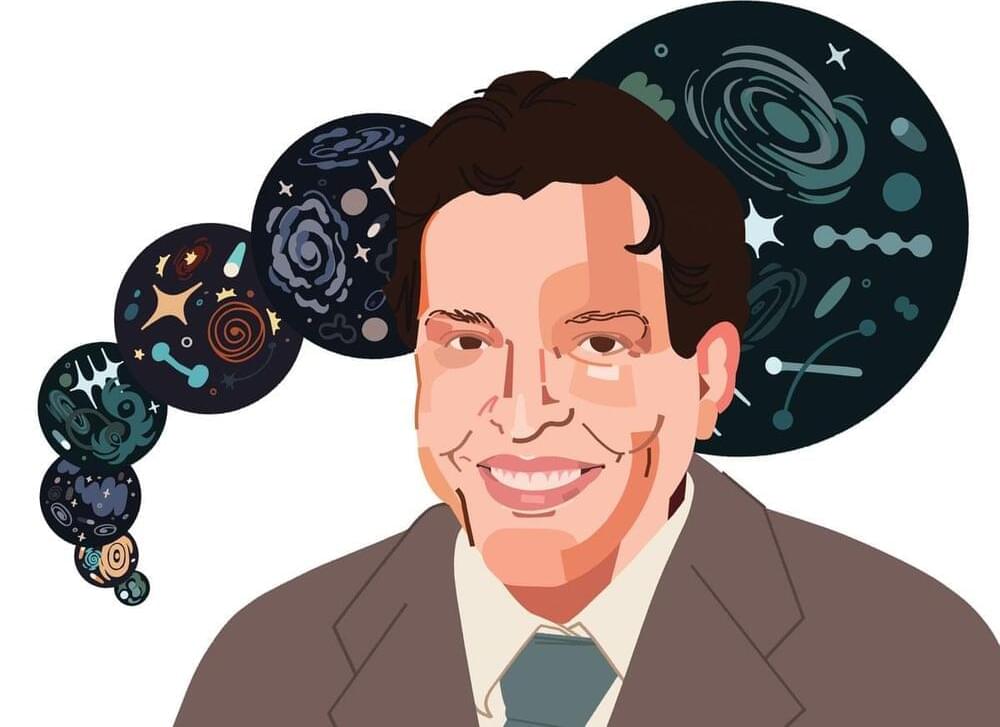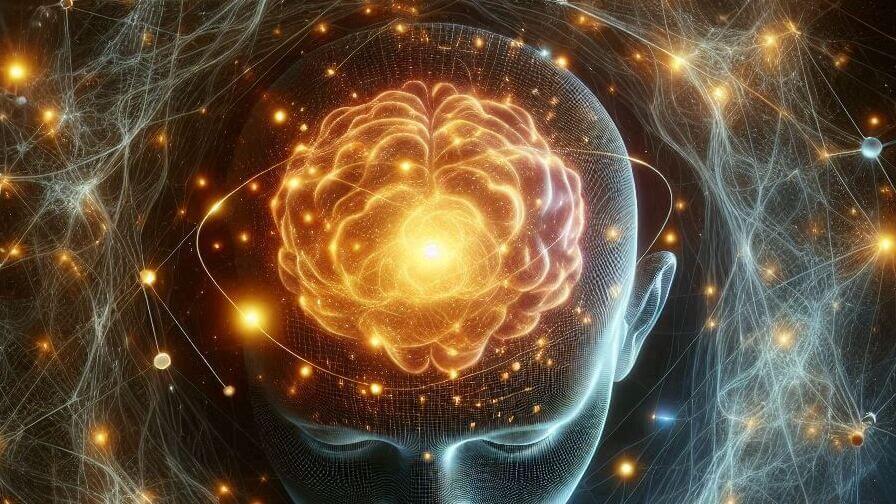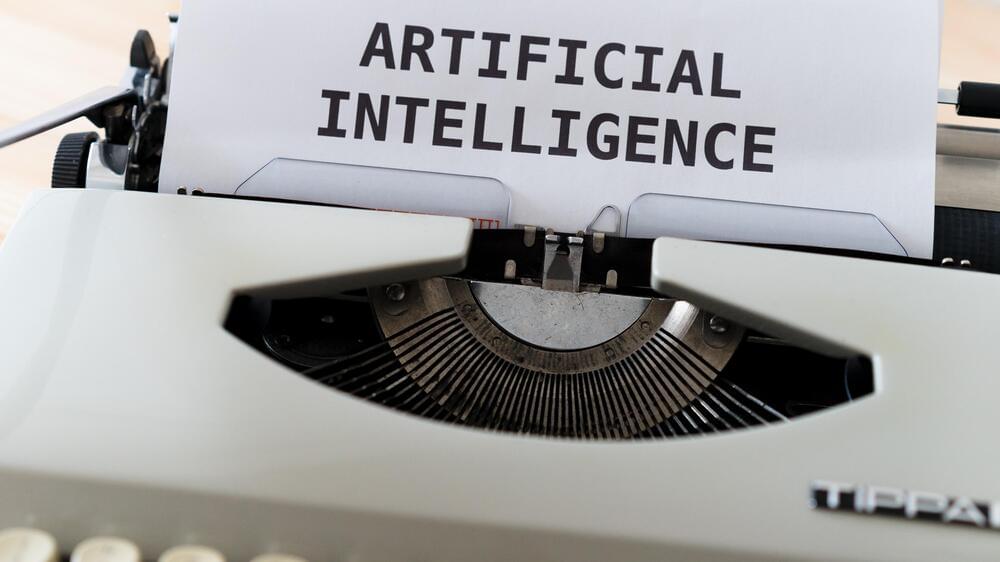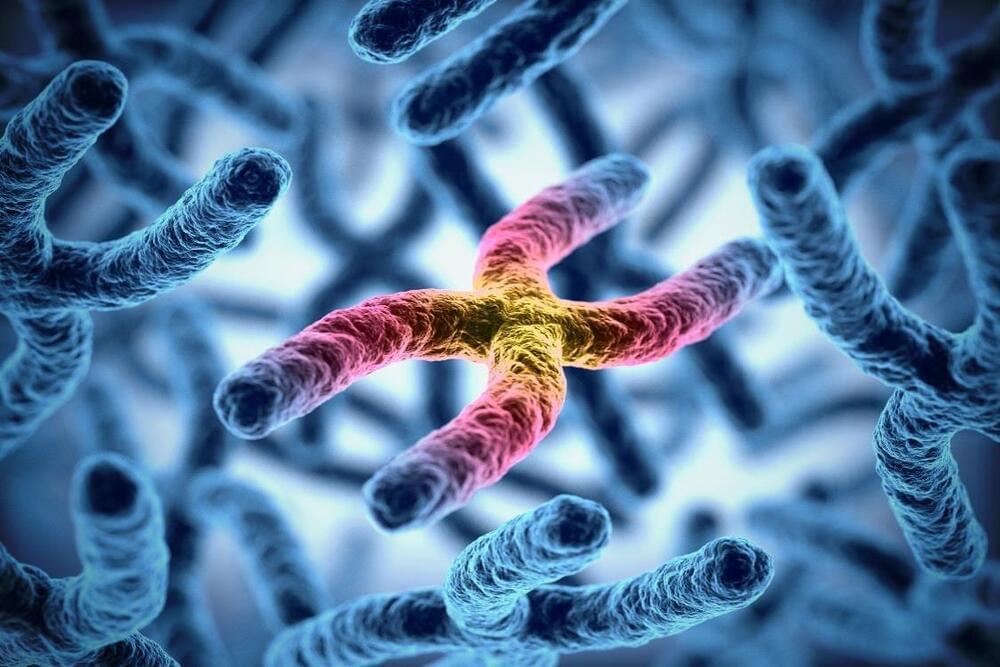
Illinois Governor JB Pritzker signed an executive order to make cutting-edge gene and cell therapies more affordable and accessible. The order’s primary focus is on treatments for sickle cell disease, a condition that disproportionately affects Black Americans.
Addressing Cost Barriers to Innovation
The Illinois Department of Healthcare and Family Services (HFS) will spearhead efforts to develop new payment models for these transformative but expensive treatments. A newly formed Advisory Council will recommend creating sustainable financing structures, emphasizing models that reward positive health outcomes.

